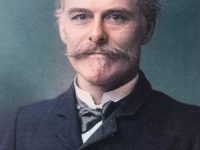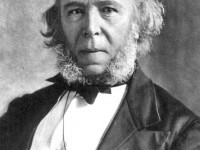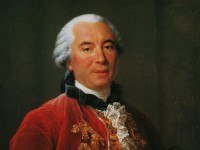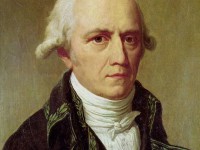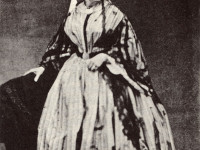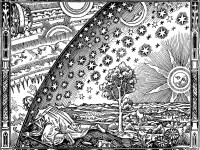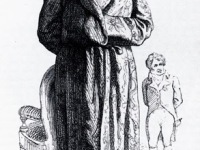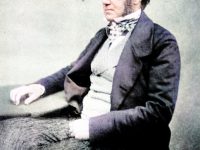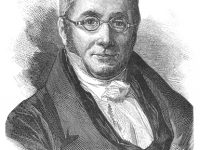Edward Drinker Cope and the Neo-Lamarckian School of Thought
On July 28, 1840, American paleontologist and comparative anatomist Edward Drinker Cope was born. Being s well as a noted herpetologist and ichthyologist, he was a founder of the Neo-Lamarckism school of thought. This school believed that changes in developmental (embryonic) timing, not natural selection, was the driving force of evolution. Cope thought that groups of species that shared similar developmental patterns could be grouped into more inclusive groups (i.e. genera, families,…
Read more

